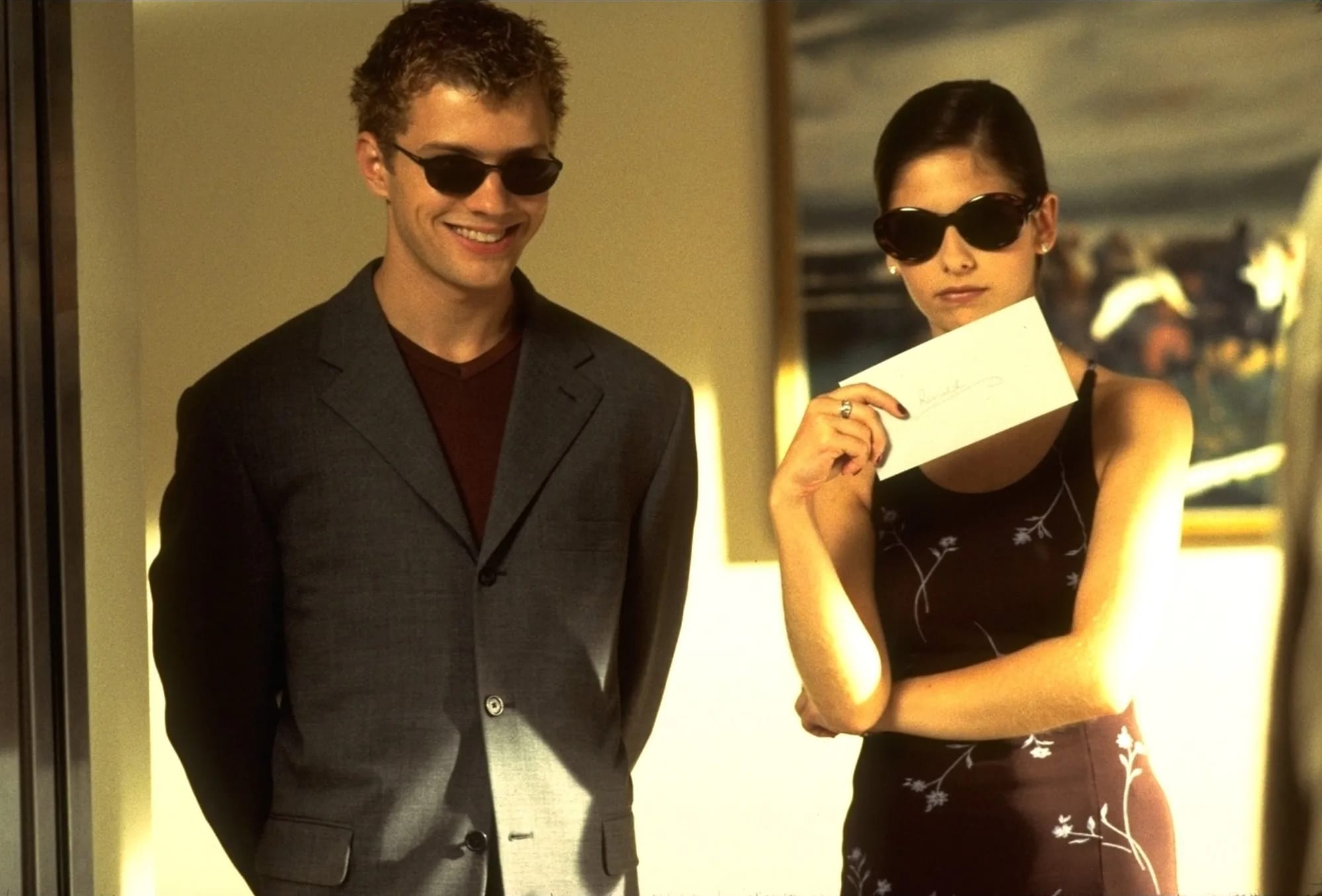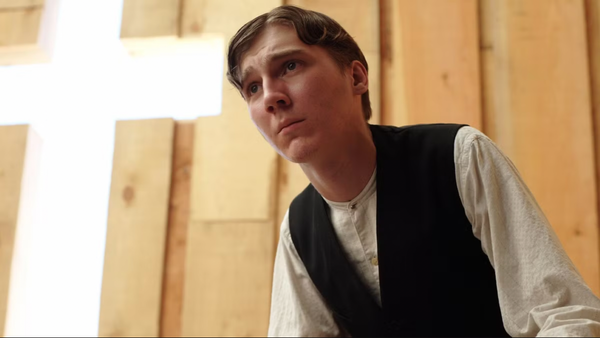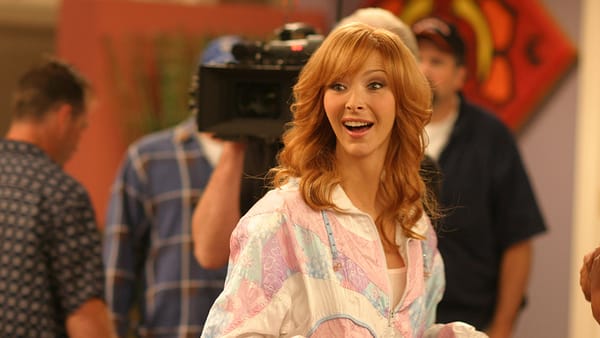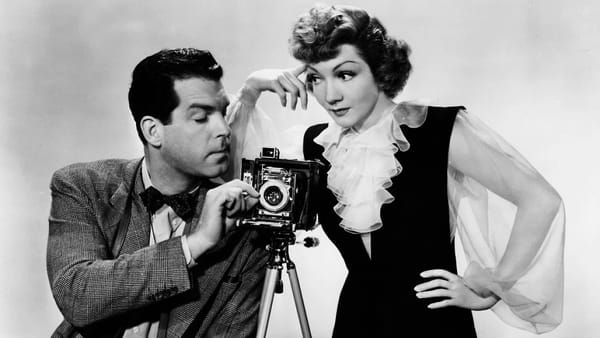Psycho. #46
Talking acting.
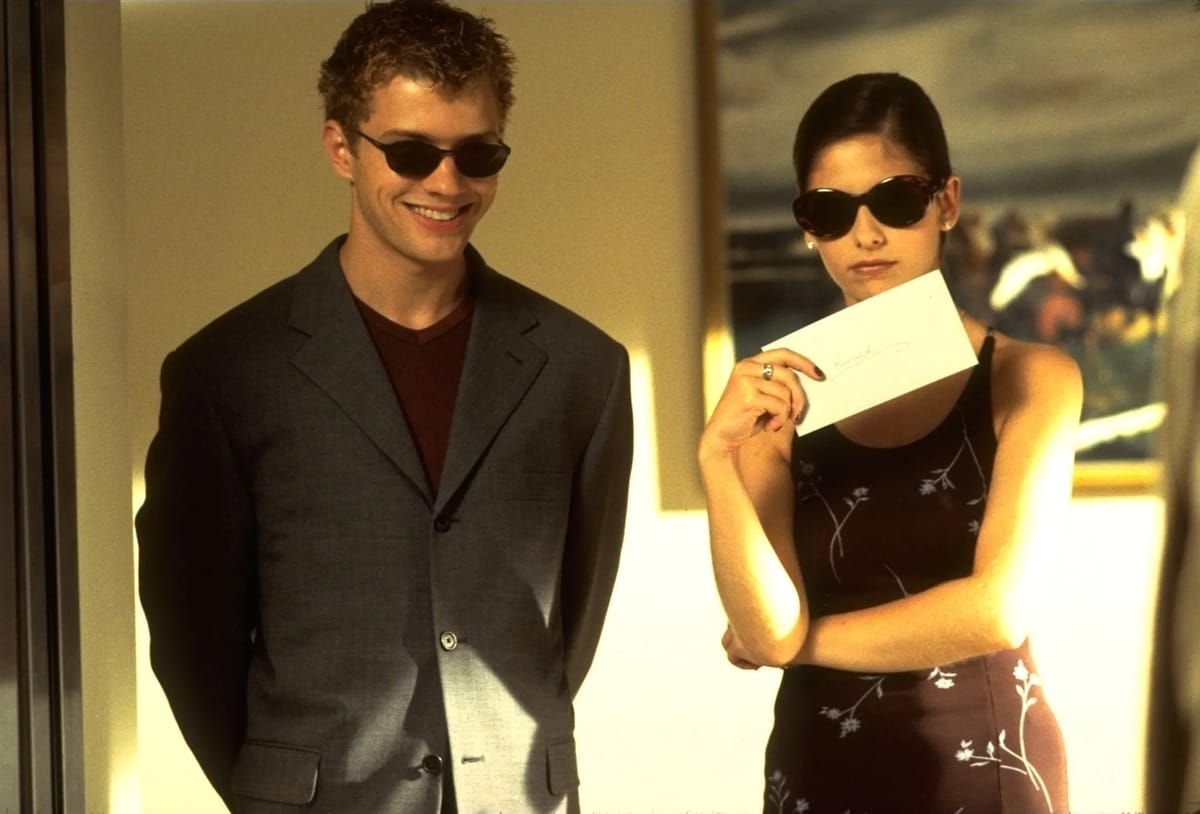

What is “good acting” in film? Is it simply a screen presence the audience finds effective? If that’s the case, are movie stars doing good acting because their sexiness and charisma is effective? Is Ryan Phillippe’s ass in Cruel Intentions good acting? How do I distinguish a Tilda Swinton from a Tom Cruise, two people undeniably at the top of their craft — but a very different craft indeed.
I feel like I have returned to the question of “good” acting more than any other, over the course of my “career” as a critic; it seems to be the part of filmgoing that most confuses or divides people, perhaps because it is the most subjective of all elements in film. A film’s title card arrives at a moment with a precise time code; shots have an exact time span, creating a rhythm that is tangible; costumes depart from historical accuracy in certain key ways that are demonstrable; a screenplay’s language can be analysed for the landing of comic beats or scares — hell, even a movie’s lighting and colours may be measured and interpreted. Acting feels like a different thing entirely, and it foxes us because it’s the most obviously apparent part of a film.
But acting can only be directed up to a certain point. A director may say to their director of photography that they wish to set up a tracking shot weaving its way around a ballroom scene; they then play a recording of music written by the film’s composer that echoes Death in Venice, and ask the costumes person to bring the more frou-frou dresses to the foreground; the director instructs the first assistant director to position the waltzing extras just so, before the camera arrives at its destination and adjusts its lensing by a precise tuning so as to capture a dejected debutante in close-up. All of these things can be done as if driving a car or making a sausage. But the dejected debutante is a person, and she is as much or more of a director of her own performance as the director themselves, and her performance is again guided by a number of variables that are much harder to control: overall experience, current mood, rehearsal time, understanding of the director’s intentions, understanding of her positioning within the shot set-up (enabling her to project accordingly), talent, appearance, etc.
